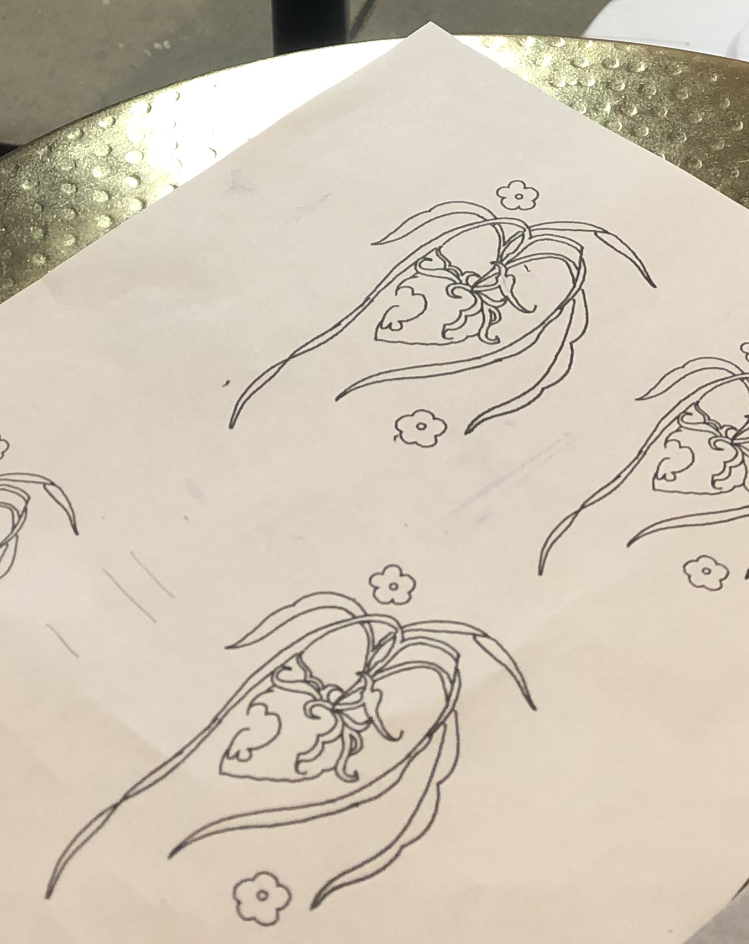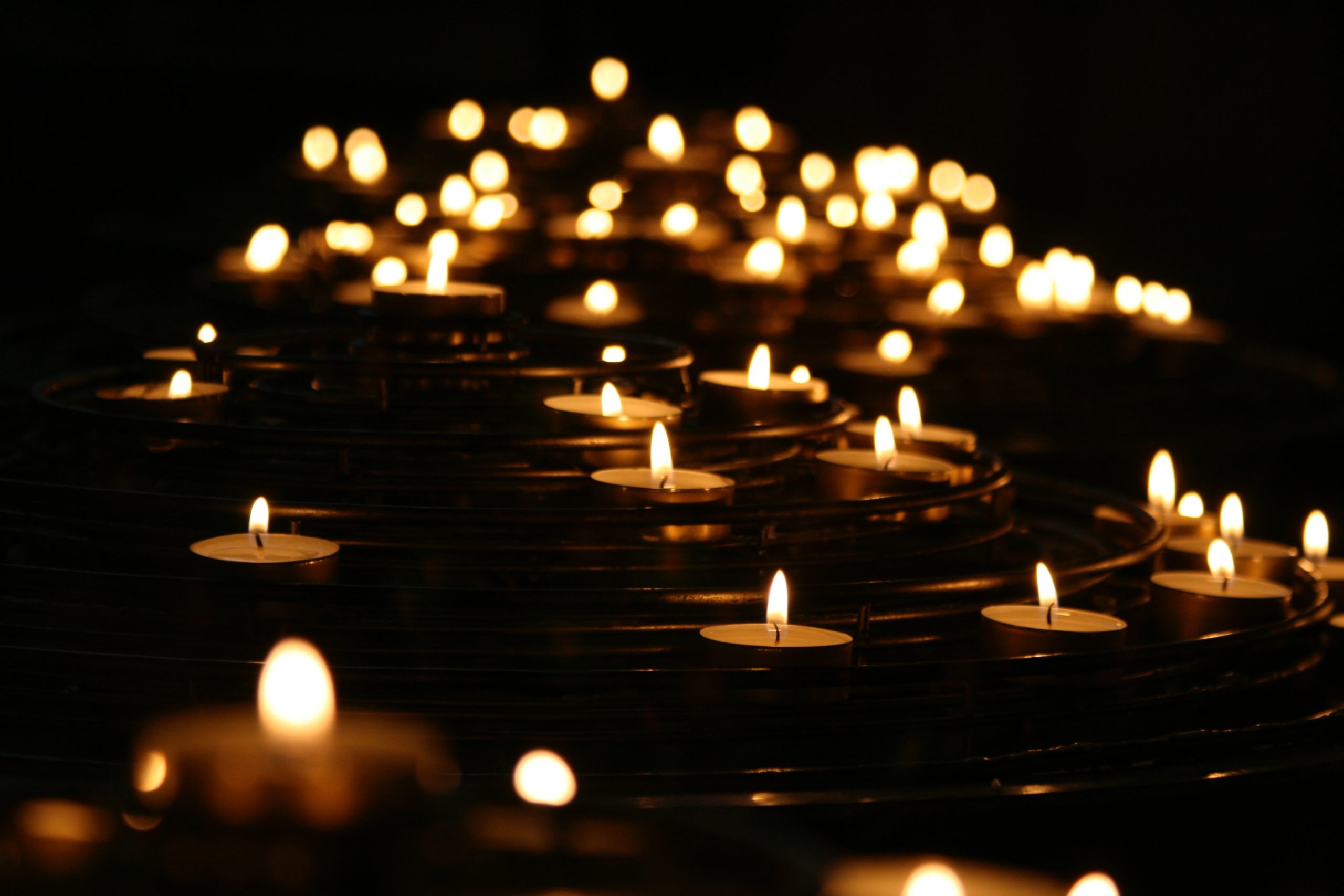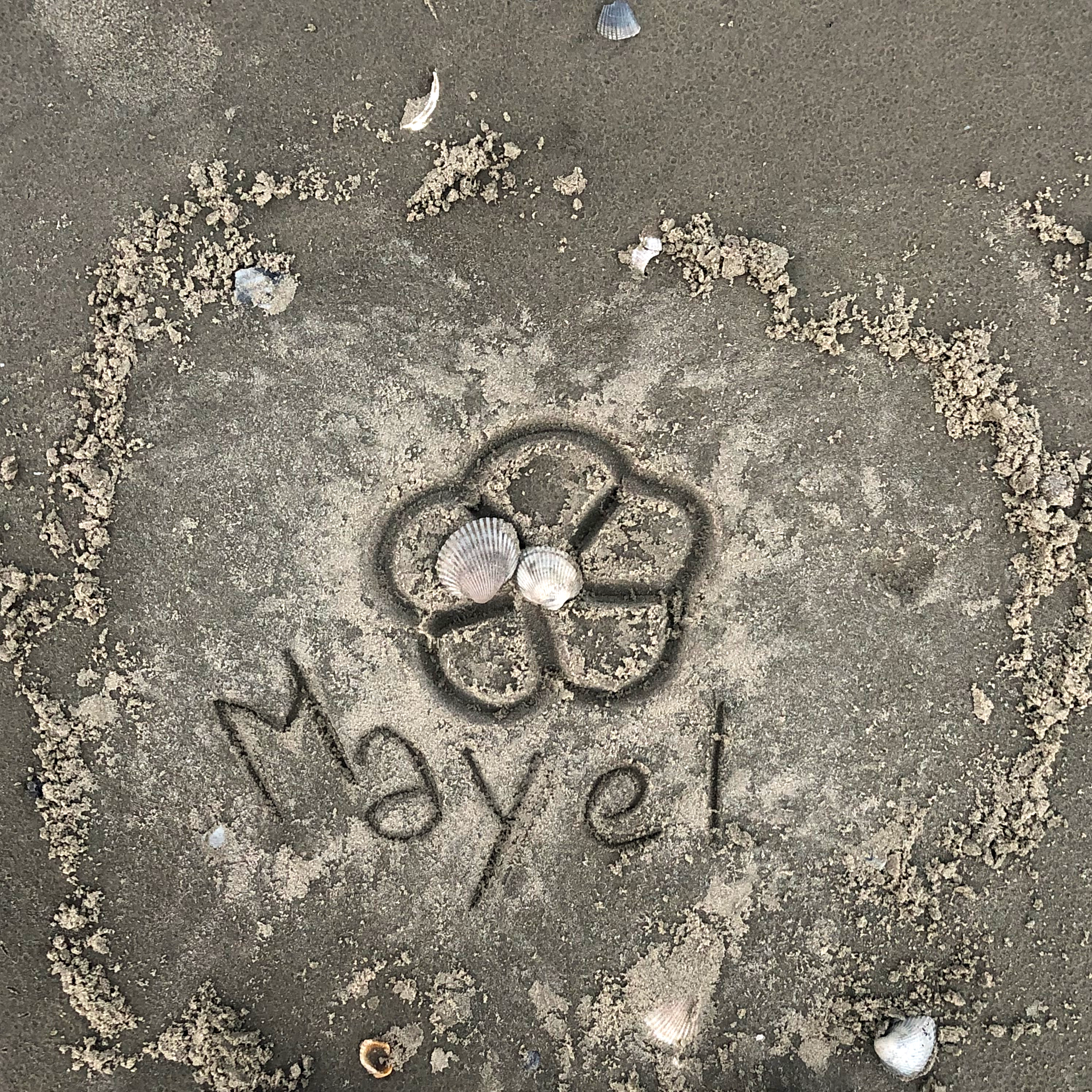I would love nothing more than to tell you this title, and the subsequent emotional pain that has come out of it, isn’t true. That this is something I, along with hundreds of people who knew them either in passing or deeply, are not currently navigating. That I was given this topic and, with no relation to it, this is my best guess at what would help me if I was in such a situation. Unfortunately, that is not the case. Suicide Prevention Month was back in September, and even though it’s been a moment, I still feel as if this article is just as relevant today. While I am by no means an expert on grief or suicide or loss, I am writing this piece for anyone who has lost someone to suicide. No matter your proximity to that person, whether extremely close or an admirer from afar, you have every right to feel however you are feeling. And if you are navigating that healing journey, as many of us are, know that you are not alone.
Healing and grieving and processing losing a loved one to suicide is different from any other kind of loss. It comes with different, more complicated emotions. It comes with lots of questions. It comes with lots of regrets. It comes with lots of confusion. In the midst of all these powerful and complex feelings, it can be hard to navigate everything without getting lost. I wish I didn’t relate to this topic. I wish a lot of the people I know didn’t, but since I do, here are some things that have helped me along the way.
1. Grieving Is Messy, Show Yourself Grace

This is easier said than done. The beginning stages of grief, especially when it comes to suicide, are filled with questions. What went wrong? Were there signs? What did I miss? How could it get this bad? And above all else, why? Your brain is trying its best to process all the new information, every answer to every question you ask, and even then, it will never be enough. Even when you have all the puzzle pieces, it won’t feel good when they’re put together. For me, I could go hours, even days feeling okay. Acknowledging their life, the moments we shared, with the vague optimism that happens when you lose a loved one. Those same wistful hopes that they’re okay. That I will see them again. That I will honor and pay respects to the life they lived. Usually, if you’re lucky, when you lose a loved one, aside from the pain of them no longer being around, these are the only feelings that accompany that loss. A bittersweet tinge at their ending, but happiness at the life you got to know.
More often than not though, I would be up at night wondering what I could’ve done. Imagining myself saving them, pleading with them, rehashing old conversations. I would be driving to work and spontaneously erupt into tears at the thought of them. I would see a mannerism in a stranger similar to theirs and my heart would break. Suicide is complicated. There is that bittersweet feeling. But there’s also hurt, and confusion, and a lot of blame. Anger at the world, at society, at yourself.
Give yourself grace. Allow yourself to indulge in every emotion you feel from anger to nostalgia. When those moments come, don’t press them down. For a while, I tried to. I felt I didn’t have a right to be sad when others were much closer to them. But, if you’re feeling sad, you have a right to be. There is no monopoly on grief. Yes, some people were closer, and some were more distant, but regardless if you feel grief, allow yourself to grieve. Don’t feel guilty when you have good days either. That person, and those memories, will always be with you. You will carry that pain for the rest of your life. So, if you are feeling a little happier one day, don’t deny yourself that right.
2. Seek Professional Help

As humans, we have a tendency to bottle things down and try our best to handle everything ourselves, “What’s the point in seeking counseling or group therapy when I’m already dealing with this on my own?” But there is a point. Western Culture doesn’t actually have a lot of facets or appropriate ways to channel our grief other than funerals. And sometimes, especially with suicides, a funeral just isn’t enough. Processing that loss and all these complicated emotions doesn’t happen in one day, and you can’t do it alone. Having a therapist or going to group counseling will not only give you a community, but it will ensure an expert is giving you healthy ways to grieve. You can’t know what you don’t know.
I was fortunate enough that I already was in therapy when this happened, and I can’t tell you how much it has, and continues to help me. Having that reassurance that I was valid in being hurt, and being able to unravel everything that happened in a safe environment was necessary for me. Not to mention, there’s a big difference between losing someone to suicide and losing someone to old age or expected circumstances. Everything comes with its own trauma, but often with suicides, you’re dealing with losing people before their expected time. Most of my peers haven’t lost anyone their age, and being able to relate to that type of hurt is hard to come by. Having a therapist gave me an outlet to express my grief with someone I knew who understood. Someone who wouldn’t make me feel awkward or want to change the subject.
Psychology Today has a great database of Therapists in your neighborhood, GriefShare has a database for nearby grief groups and events, and The American Foundation for Suicide Prevention has an incredible network for nearby grief groups of those who have lost loved ones specifically to suicide. If you’re uninsured or are seeking aid at a low cost, the end-of-life planning websites Cake has a great list of ways to find free or low-cost grief counseling near you. For a more broad approach, the website Everyday Health has an entire article comparing and contrasting some of the more well-known budget-friendly therapy alternatives.
3. Find YOUR Support Network

This one goes hand and hand with finding professional help, but I think it’s equally important. In moments like these, when everything is dark and heavy, it’s imperative that you build up your support network. Grieving can feel incredibly isolating. At times, it’s as if the whole world continues turning, absolutely oblivious to the fact that yours has ended. In those moments, you need a group of people you can turn to, and one that’s available more than just one day a week. Personally, I found myself reconnecting with people who knew the person we lost. Some who were closer to them, or others who knew them when I did. By this, I mean people who understood more or less how it felt to lose someone from suicide and were navigating that journey just as I was. But, your support network shouldn’t just be limited to those who were close to the person. People who knew you when you knew them helps, family members help, your own friends help.
It’s about ensuring you’re not alone and are able to have those big existential conversations or just lean on someone when you need to cry. Trust me, it will happen. A lot. Not everyone will understand the pain and nuance of losing someone to suicide, and sometimes you don’t need them to. Your support network should be about building people from all walks of life. Strangers who have lost someone in general, people who have lost people from suicide, a friend who has no relation to any of it but cares about you, someone who is also experiencing that loss with that same person, people that knew them so you can reminisce. It’s all incredibly important. Try your best not to face this alone. Try your best to let them in. Above all else, try your best to keep reaching out and searching for those connections. You might need them more than you realize.
4. Find Ways To Honor Them Throughout The Year

As I mentioned earlier, Western Culture doesn’t have a lot of holidays or special moments to grieve and reminisce on those you’ve lost. Something I realized that has helped me, is not just waiting for those big formal dates or events, but actually creating my own ways to honor and celebrate them. Losing someone in general, but especially to suicide, is something that you don’t heal from overnight. So, you shouldn’t be expected to only formally grieve one day a year. What helped me the most was finding those little ways to carry them with me.
Personally, music has been a game-changer for me. I made a playlist of songs that remind me of them. When I can feel myself thinking of them and needing to get those emotions out I’ll turn it on. I also journal, something I encourage everyone to do. I find myself writing down whole scenes that took place, not wanting to forget any part of them. I write a lot of songs, things I wish I could say, ways to get my grief and utter confusion out. I’ve bought a lot of little things that remind myself of them too. Little trinkets I think they’d like, or things that are similar to what they used to do. These are my day-to-day small ways of grieving.
I’m also in the process of creating more formal ways to grieve. Something I noticed at their memorial was just how helpful even hearing their name was. Having someone acknowledge the life we loved, and the reality of how it came to an end. Unfortunately, or fortunately, depending on how you process, memorials don’t come around often. So, I’m trying my best to create formal interactions for myself. While it’s pretty early in the grieving process, their birthday did pass. On that day I lit a candle and had a moment of silence, almost giving them space if they wanted to make a wish. I want to do that every year on their birthday. I want to always give them that wish, and while I hope they’re in a much brighter place, if there’s any way they could somehow make a wish, I want them to feel that possibility.
At the end of the day, there is no linear path through grief. There is no right or wrong way. There is just your way. So, get to know your way, and don’t try to push your emotions down or trigger them out. Just grieve and give yourself the grace to do so free of judgment. Create that support network, and find the things that work for you in your situation. This is an ache you will have for the rest of your life, so you might as well find the healthiest ways to cope with it. I’m sorry you’re going through this. It absolutely sucks. But I do believe, given time, the intense feelings will subside into a manageable hurt.
If you are currently in distress or contemplating suicide, here are some resources that can help. Please know, you are not alone.
Suicide and Crisis Hotline 988: The Lifeline provides 24/7, free and confidential support for people in distress, prevention, and crisis resources
Teen Line 800-852-8336: If you’re a teen or underage, call this number to speak to other teens who are trained to listen and provide resources to any teen struggling. Hours of operation are 6 PM – 10 PM PST











